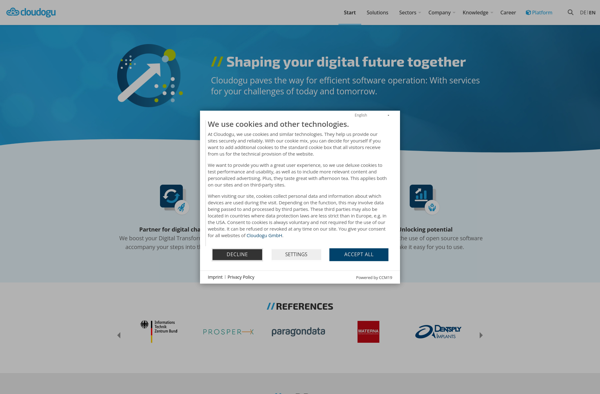SCM-Manager Universe
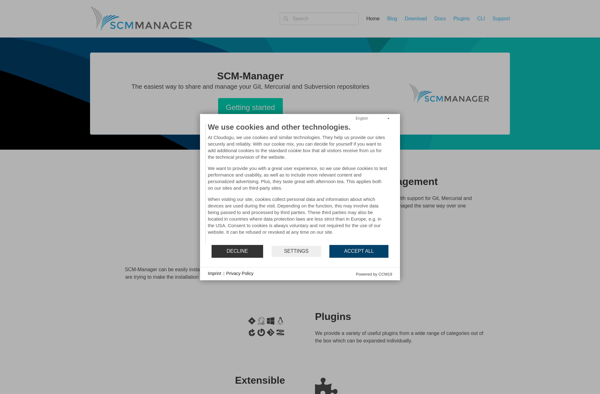
SCM-Manager Universe: Open Source Self-Hosted SCM Platform
A self-hosted source code management and collaboration platform supporting Git, Mercurial, and Subversion repositories, with features like repository browsing and access management.
What is SCM-Manager Universe?
SCM-Manager Universe is an open source self-hosted platform for managing Git, Mercurial, and Subversion source code repositories. It provides a centralized web interface for browsing repositories, viewing commit histories, comparing file changes, and managing user access permissions.
Key features of SCM-Manager Universe include:
- Support for Git, Mercurial, and Subversion repositories
- Web-based repository browsing and source code viewing
- Commit history tracking with diff views of file changes
- Branching and tagging support
- User and group access management for repositories
- Integration with LDAP/Active Directory for authentication
- Code review workflows and pull request management
- Built-in issue tracker for repositories
- Webhooks and REST APIs for integration with other tools
- Customizable workflows via plugins
SCM-Manager Universe aims to be an extensible platform that can serve as the foundation for dev teams' source code management needs. It can be self-hosted on your own servers or cloud infrastructure, giving you full control over your repositories and data. The open source license also allows customizations and integration into your development environment.
SCM-Manager Universe Features
Features
- Git, Mercurial, and Subversion repository support
- Web-based repository browsing and management
- Access control and user management
- Code review and pull requests
- Issue tracking
- Wiki for documentation
- REST API
- Plugin architecture
Pricing
- Open Source
Pros
Cons
Official Links
Reviews & Ratings
Login to ReviewThe Best SCM-Manager Universe Alternatives
Top Development and Version Control and other similar apps like SCM-Manager Universe
Here are some alternatives to SCM-Manager Universe:
Suggest an alternative ❐Jenkins
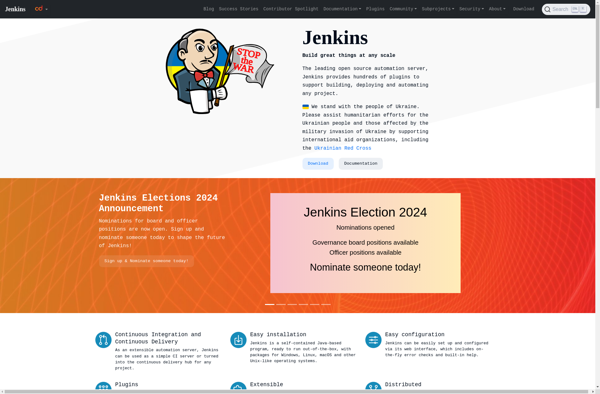
OpenProject
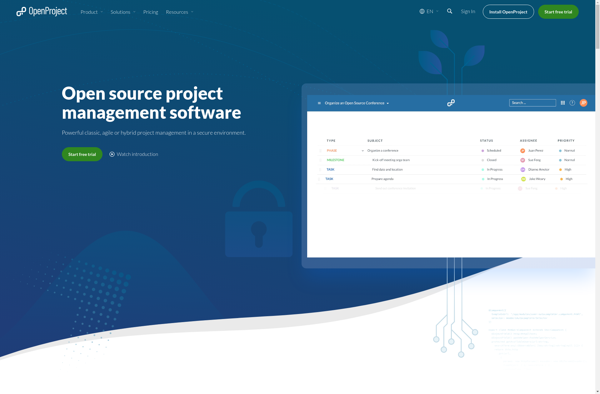
Octopus Deploy
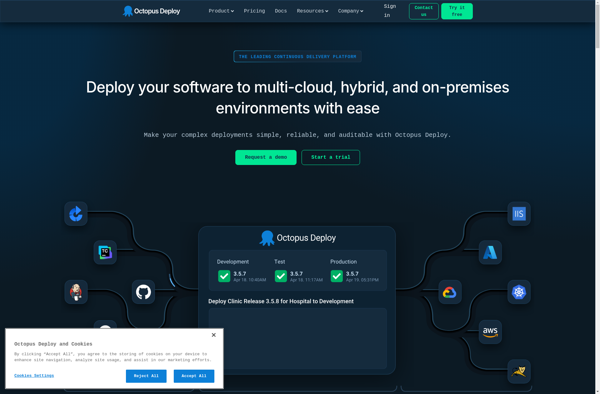
Bugzilla
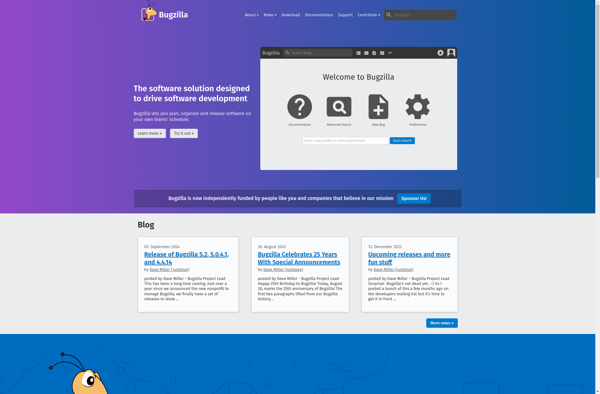
Earthly
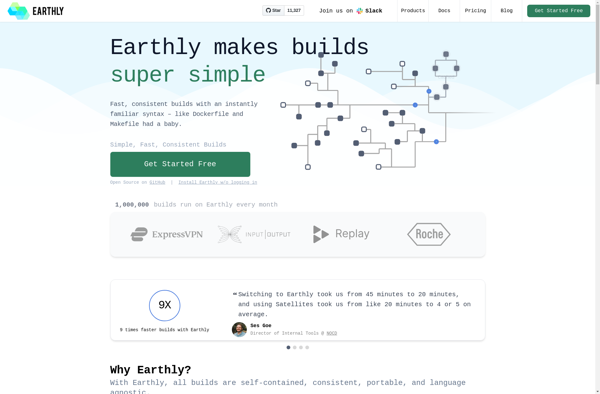
Jtrac
Devtron: The DevOps Accelerator
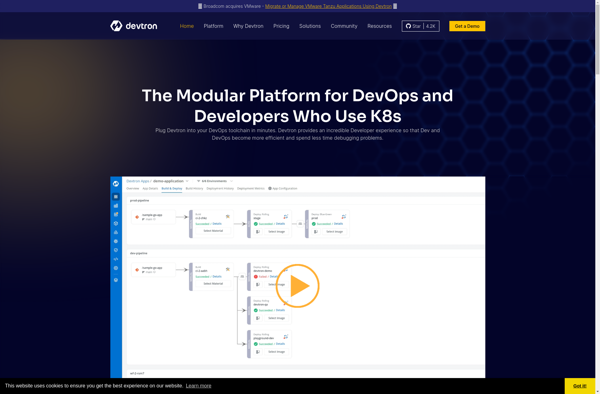
Percy by BrowserStack

Cloudogu EcoSystem
